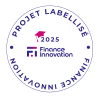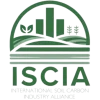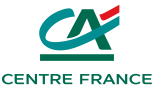Get compensated for the carbon stored in your soils

ReGeneration is deploying the first Verra VM0042 agricultural carbon programme in France and Belgium, the most robust methodology on the market — a guarantee of high-value carbon credits.
This programme rewards you for every tonne of CO2 stored in your soil thanks to your regenerative practices: €60 to €100 per hectare per year, depending on your performance*.
ReGeneration is a French player, working alongside farmers to make soil regeneration a concrete lever for profitability and pride.
*Indicative remuneration, variable according to measured performance and market prices.
A personalised agronomic support
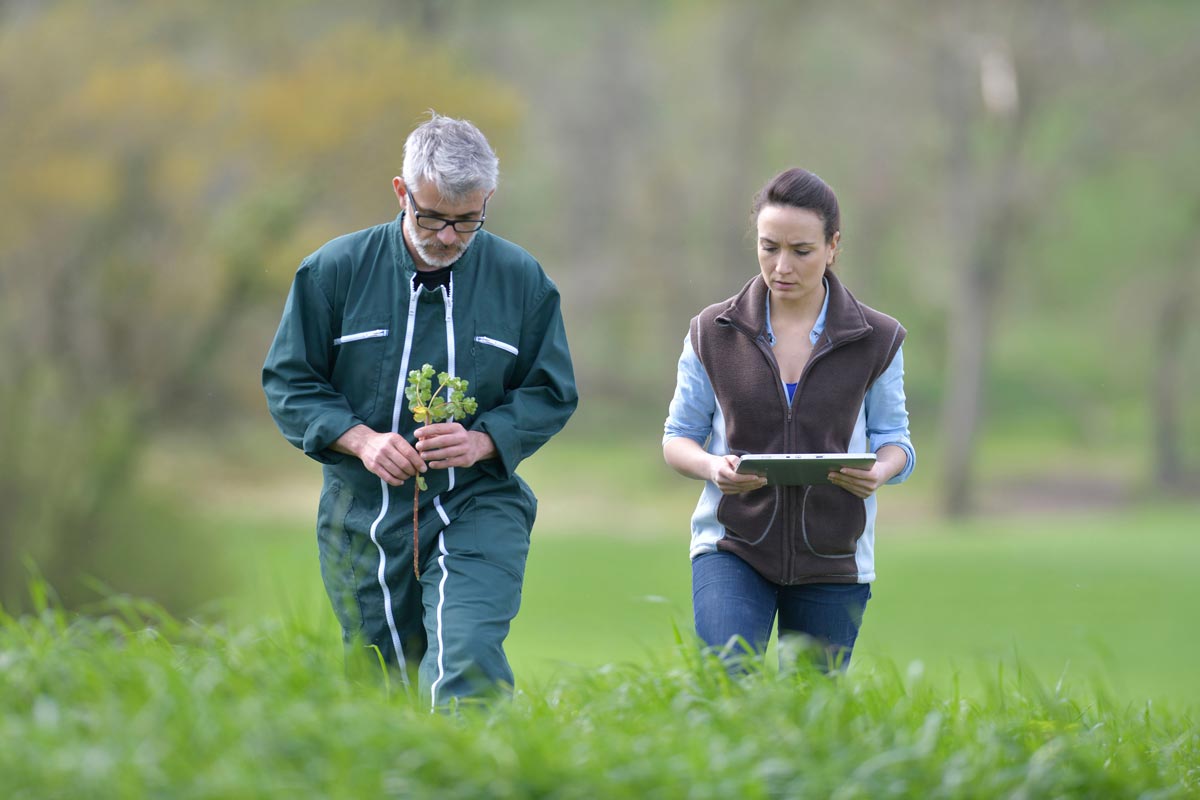
ReGeneration also provides immediate and lasting value: for each farmer, we fund five years of personalised agronomic support on the ground to optimise your practices and results.
A tailored agroecological monitoring sheet is jointly developed by each farmer and their agronomist, and the agronomist visits your farm several times a year, offering technical advice and strategies to maximise the health of your soil and the results of your agroecological transition.
Clear and measurable indicators
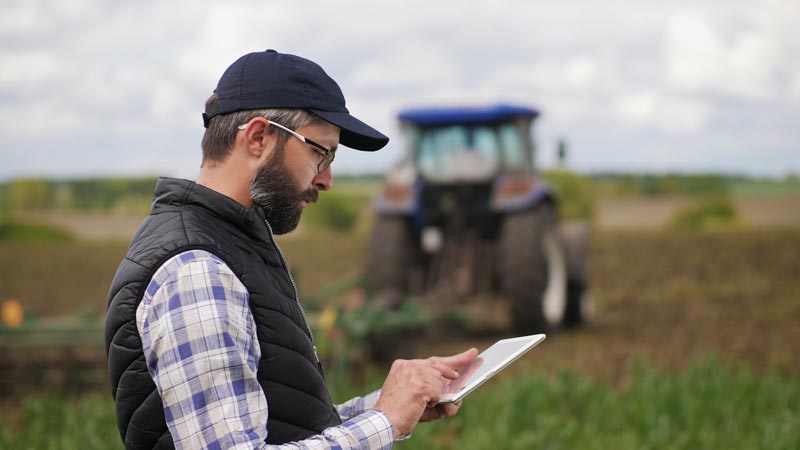
Through field measurements and the detailed dashboards we provide, we enable you to track the evolution of your practices, measure your progress, and assess your impact.
Carbon stored, emissions reduced, soil health, biodiversity, water resources: each indicator is monitored and valued, strengthening confidence in your transition and the environmental benefits generated, while ensuring transparent and reliable compensation.

“By committing to this transition project with ReGeneration, my goal is to enhance the resilience of my farm. Resilience to climate challenges, but also to the high structural costs. I want to highlight the environmental services provided to the community through my activity.”
Romain Marolleau, Cereal farmer
230 hectares – Millac (Vienne), France
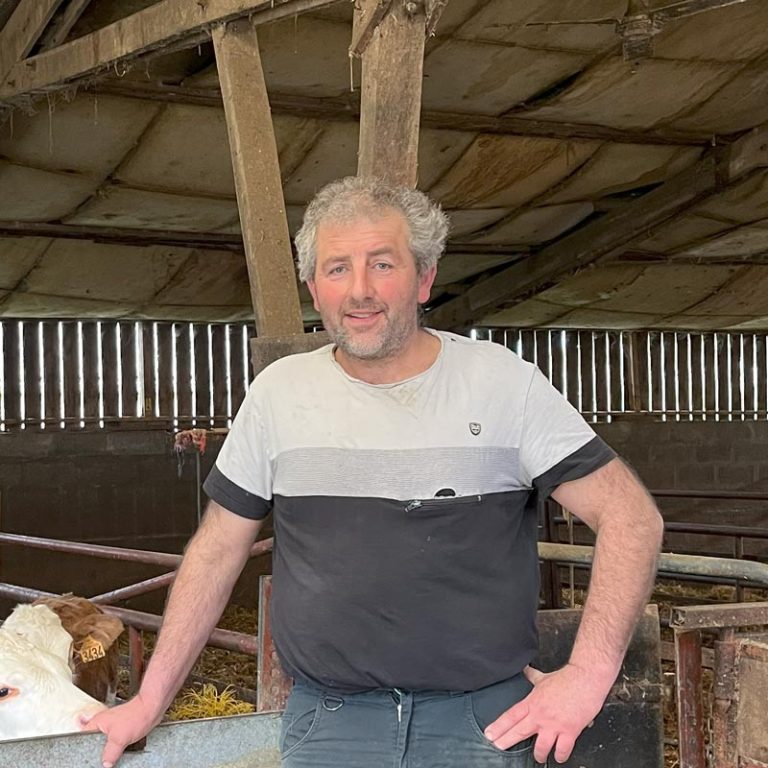
“ReGeneration made it possible for me to implement these changes in practices, thanks to the valuable advice of my agronomist. And the idea of measuring carbon in the soil is great: it shows that we’re not here to pollute, but rather, we are the primary stewards of the environment.”
Vincent Piveteau, Dairy cattle farmer
200 hectares – Les Achards (Vendée), France
How it works
1. Onboarding
Check your eligibility and sign up for the program.
2. Baseline measurement
Initial assessment of your soils to establish a baseline.
3. Connection with an agronomist
Definition of a personalized roadmap for your transition.
4. Regular monitoring and payments
Field measurements, reporting on key indicators, and payments for carbon stored.
10-year commitment
A long-term partnership for sustainable and measurable outcomes.
FAQ
To join ReGeneration’s program, farmers must:
- Commit to transitioning to regenerative agriculture practices.
- Have agricultural land suitable for ReGeneration’s methodologies, excluding certain non-agricultural areas or atypical crops.
- Agree to transfer exclusive rights to ReGeneration for the certification and sale of carbon credits generated by their practices.
- Provide cultural, financial, and agronomic data necessary for the evaluation of eco-benefits.
The initial commitment is for 10 years, renewable for a similar period. Farmers must inform ReGeneration of their intention to renew six months before the end of the contract.
- Follow the practices outlined in the agronomic roadmap developed with their agronomy expert.
- Provide access to cultural data, plot details, and necessary audits.
- Maintain the integrity of the soils and agreed-upon practices, except when necessary to preserve crops.
- Refrain from participating in another carbon credit program during the contract period.
Initial measurements (referred to as the “baseline” at T0), intermediate (year 5), and final (year 10) include soil analyses and audits conducted by third-party partners chosen for their rigor and professionalism.
Soil monitoring is maintained for 30 years using techniques such as remote sensing to ensure the permanence of carbon credits.
ReGeneration provides a list of approved experts, but you are free to choose your agronomist, provided they are validated by ReGeneration.
The expert supports farmers during the first five years with regular visits (2 to 4 per year) to establish and monitor the agronomic roadmap.
Farmers contribute €300 (excluding VAT) per year for agronomic support.
ReGeneration covers the cost of measurements, agronomic support, partner platform subscription, and diagnostics.
No, the sale of credits depends on market conditions. However, ReGeneration is committed to informing farmers annually about the sales made, the buyers, and the revenues generated.
The price of carbon credits is determined by ReGeneration based on the conditions of the voluntary carbon credit market.
Farmers receive 60% of the net sale price of the credits, after deducting fees, within 3 months of payment by the buyers. This is in addition to agronomic support and access to the results of the measurements conducted.
ReGeneration selects buyers in accordance with its ethical guidelines and its goal to maximize the value of co-benefits. These buyers may include companies with agriculture in their value chain (agri-food, cosmetics, textiles, etc.) or large corporations outside the value chain that have goals to reduce their carbon footprint and are committed to impactful local environmental actions. Buyers may also include intermediaries or platforms that connect with purchasing companies. The identity of the buyers is communicated to farmers annually.
No, ReGeneration holds the exclusive rights to certify and sell the credits generated by the farmer’s practices.



